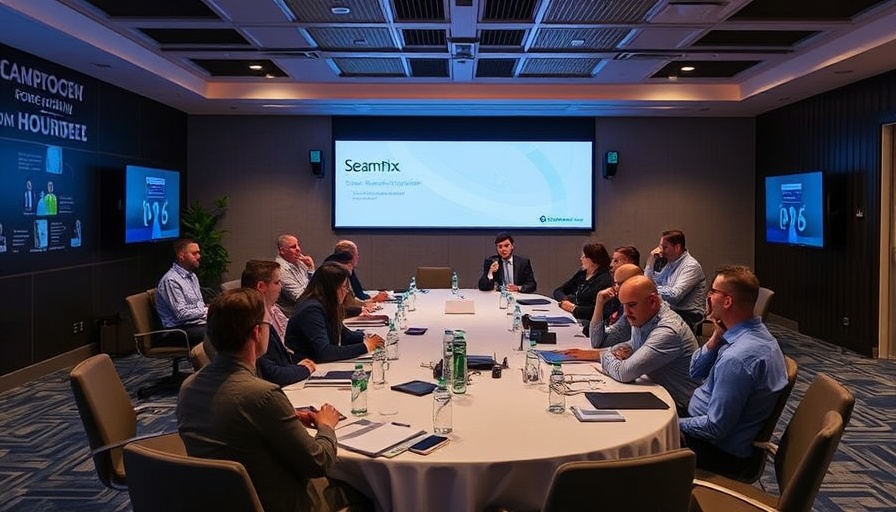
Seamfix and ISSAN Meet for Cybersecurity Innovation
On March 25, 2025, at the Radisson Blu Hotel in Lagos, Seamfix Limited took center stage as a proud sponsor of the ISSAN Cybersecurity Roundtable. This key event addressed the critical importance of securing identities in an era dominated by digital technology.
Creating Secure Digital Identities
Seamfix specializes in innovative identity management solutions tailored to keep up with the rapid changes in technology, especially against the backdrop of growing cyber threats. The roundtable theme, "The Future of Identity and Access Management in a Zero-Trust Digital World," echoed the vision of both Seamfix and ISSAN. They both aim to empower businesses with robust identity and access management (IAM) strategies to combat evolving cybersecurity risks.
Chimezie Emewulu, Group CEO of Seamfix, expressed enthusiasm about this partnership: "Together, we are tackling one of the most pressing cybersecurity challenges of today’s digital landscape—identity security." His words underline the critical role that identity plays in protecting our personal and professional digital assets.
The Role of ISSAN in Cybersecurity
The Information Security Society of Africa – Nigeria (ISSAN) serves as a crucial player in advancing cybersecurity initiatives across the continent. By addressing vulnerabilities in banking systems, e-governance, and digital transactions, ISSAN ensures that organizations leverage secure solutions. Dr. David Isiavwe, ISSAN’s President, echoed the event's significance, stating that “identity is the foundation of security.”
Bridging Technology and Security
The roundtable featured keynote addresses, panel discussions, and product demonstrations aimed at enlightening participants about a zero-trust security framework. This framework prompts organizations to verify everyone trying to access resources on their networks, thereby reducing potential insider threats.
Understanding these dynamics is essential for tech entrepreneurs, investors, and industry leaders focused on navigating the digital landscape responsibly. Knowing the advancements in identity security can significantly benefit organizations seeking a competitive edge in innovation.
Why This Matters to Africa’s Future
As Africa gears up for its next wave of tech innovation, partnerships like Seamfix and ISSAN are pivotal. They resonate with efforts to develop smart cities and the infrastructures needed for digital payments revolution. Investors looking at AI, fintech, and blockchain opportunities will find that cybersecurity and identity management are foundational to sustainable growth in these sectors.
In this rapidly evolving landscape, staying informed about identity security trends is crucial for everyone involved in Africa's tech journey. Now more than ever, professionals should consider adopting or enhancing their IAM solutions to safeguard their interests effectively.
 Add Row
Add Row  Add
Add 


Write A Comment